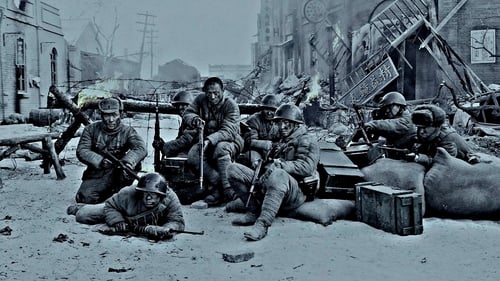
Follows a soldier trying to gain recognition for comrades who died in 1948, at a turning point in the civil war between the communists and the nationalist forces of the Kuomintang (KMT).
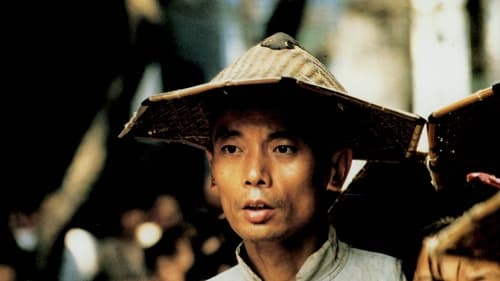
1940年代の中国。資産家の息子だったフークイだが、賭けに負けてしまい全財産を失う。身重の妻チアチェンは愛想をつかして実家へ戻ってしまった。しかし、半年後、長男が誕生したのを機に夫フークイのもとへと戻ってくる。心機一転、困窮する一家の家計を支えようとフークイは得意の影絵の巡業を始める。そんな矢先、フークイは国民党と共産党の内戦に巻き込まれてしまう。フークイがやっと家族のもとに戻ってきたのは、共産党の勝利が決まり内戦が終結した後だった。一家はその後も、中国現代史の荒波にもまれながらも逞しく生きていく……。
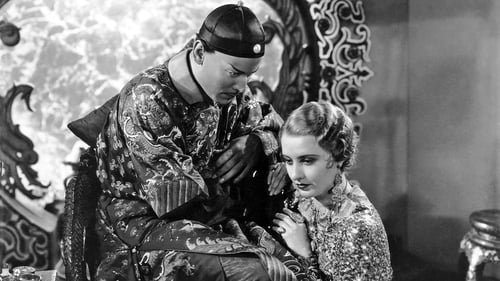
An American missionary is gradually seduced by a courtly warlord holding her in Shanghai.
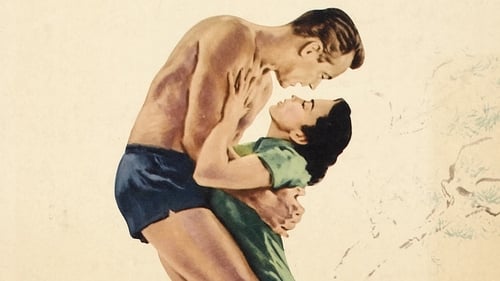
1949年の香港。未亡人の女医スーインはあるパーティで米国人記者マークと出会った。急速に接近する二人。だが、マークの離婚問題をはじめ様々な障害が二人の前に立ちはだかった。そしてマークは朝鮮戦争に従軍し……。ラブ・ロマンスの名作。
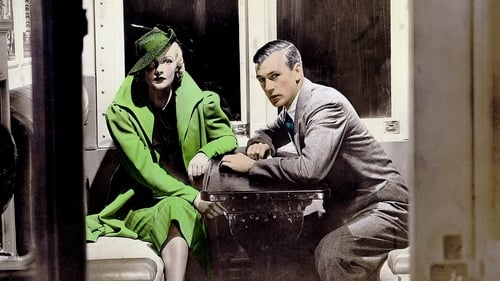
China, 1930s, during the ravaging civil war. General Pen entrusts O'Hara, an intrepid American adventurer, with the mission of providing a large sum of money to Mr. Wu with the task of buying weapons in Shanghai to help end General Yang's tyranny that keeps an entire province under his ruthless iron boot.
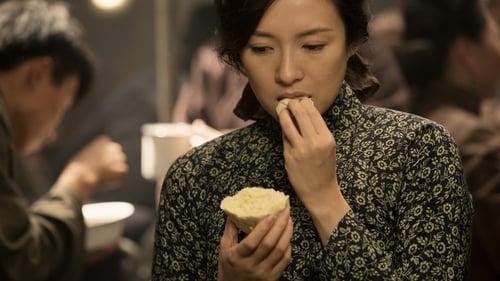
日本統治下の台湾で、日本人女性の志村雅子に恋をした台湾人青年のイェン・ザークン。しかし、彼のもとに召集令状が届き、ザークンは日本の軍医として戦地に向かう一方、雅子は日本への帰国を余儀なくされ、2人は離ればなれの運命に。1949年、上海。負傷兵は台湾へ送られるという話を耳にしたユイ・チェンは、行方不明の恋人を捜すため、約1000人の乗客とともに大型客船・太平輪号に乗り込み台湾へと向かう。
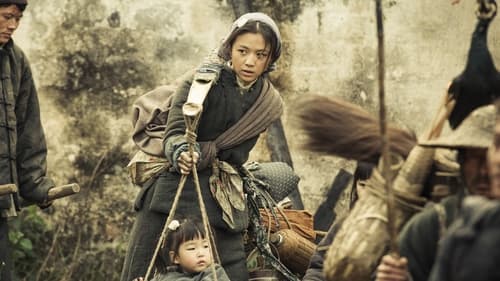
A former spy in the Chinese Nationalist Party falls for an opium-dealing widow, as China is ravaged by war and revolution.

Set in the anti-Japanese war, a Japanese commander who killed a lot of Chinese receives an order to return to Japan. Scouts from the eighth route army must intercept the executioner before he leaves China.
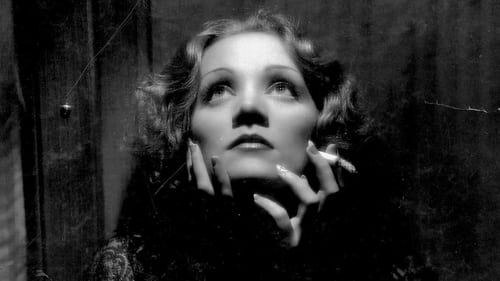
A beautiful temptress re-kindles an old romance while trying to escape her past during a tension-packed train journey.

As the Communist Party of China celebrates its 100th anniversary, this documentary looks back at the party’s history, from the 1920’s, to the Civil War, the Great Leap Forward, the Great Famine, the Cultural Revolution and the reforms by Mao Zedong and Deng Xiaoping. Did the Great Famine cost more than 15 million lives? How does the Cultural Revolution continue to shape Chinese politics today? What was capitalism like after Mao’s death? Through rare and never-before-seen historical footage, expert interviews and eyewitness accounts of the Great Famine, Tiananmen incident, and the Cultural Revolution, get to know how one party has so profoundly shaped China.

Mao Zedong was not only a revolutionary leader and thinker, he was also a poet. In poems written in the classic calligraphic tradition he expresses his experiences and visions. In this film, 8 of Mao's poems are sung, recited and interpreted: 'Changsha' (1925), 'Jinggang Mountains' (1928), 'The Long March' (1935), 'Snow' (1936), 'The People's Liberation Army Captures Nanjing' (1949), 'Swimming' (1956), 'Reply to Comrade Guo Moruo' (1961) and 'Reascending Jinggang Mountains' (1965). Through these poems we get a picture of the Chinese revolution from its first beginning in 1921 until the Cultural Revolution. The poems of Mao Zedong have been published in more than 57 million copies


Driver Ko Wah (Lee Ching) refuses to transport ammunitions for the enemy, and is sent to jail after a scuffle with his traitorous boss. Although down and out, Ko takes in Siu-fung (Yung Siu-yi), an unwilling erotic dancer who has fled the war to Hong Kong. They may lead destitute lives, but their conscience remains intact. Director Cai Chusheng co-founded the National Salvation Association of Cinema. When Ko makes a uproar at the dance parlour and rips apart his friend's zombie costume, it represents Cai's criticism on the muddling-along attitude of Hong Kong society at the time. The characters' decision to return to the mainland to join the resistance effort also foretells Cai's decision to do the same in real-life.










